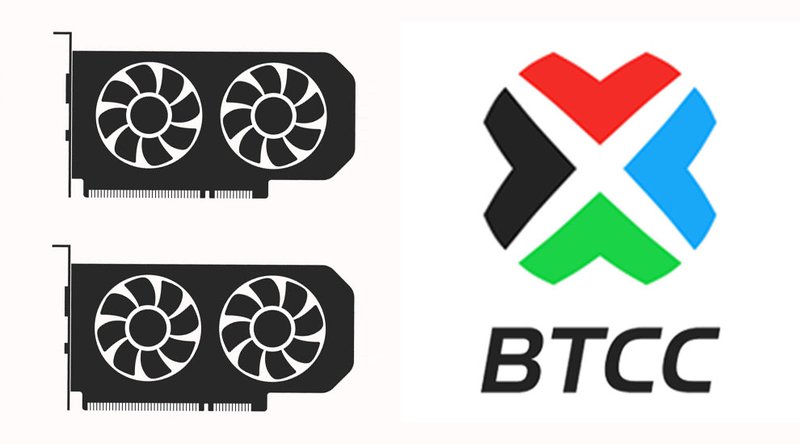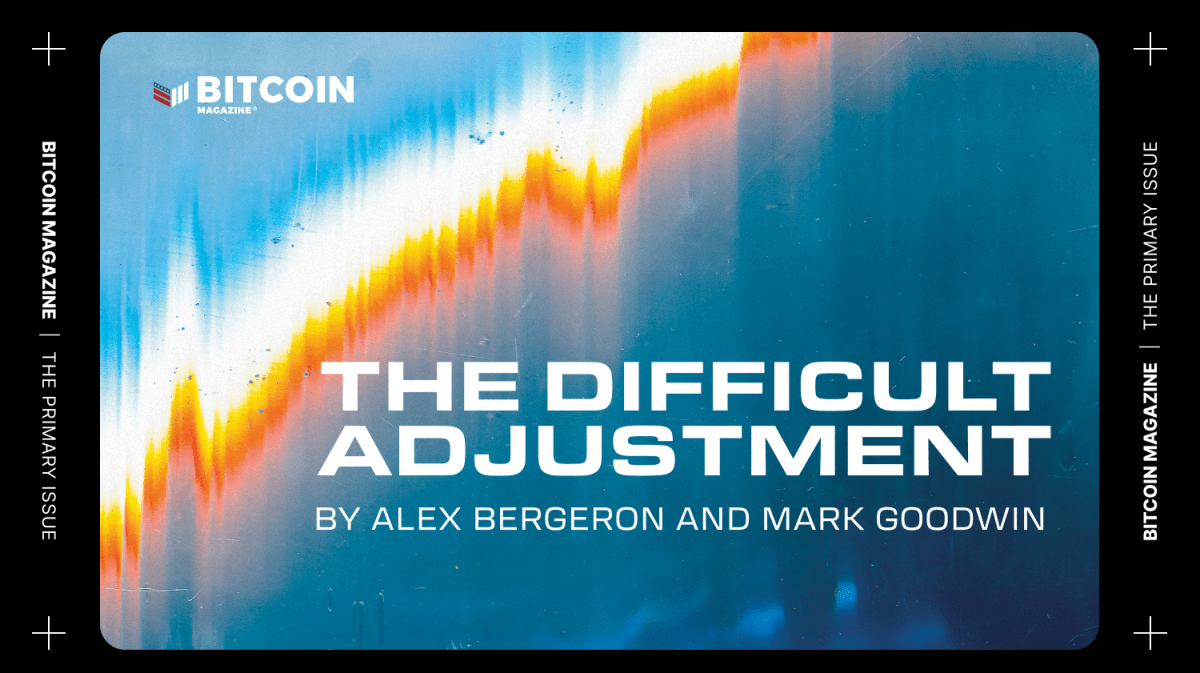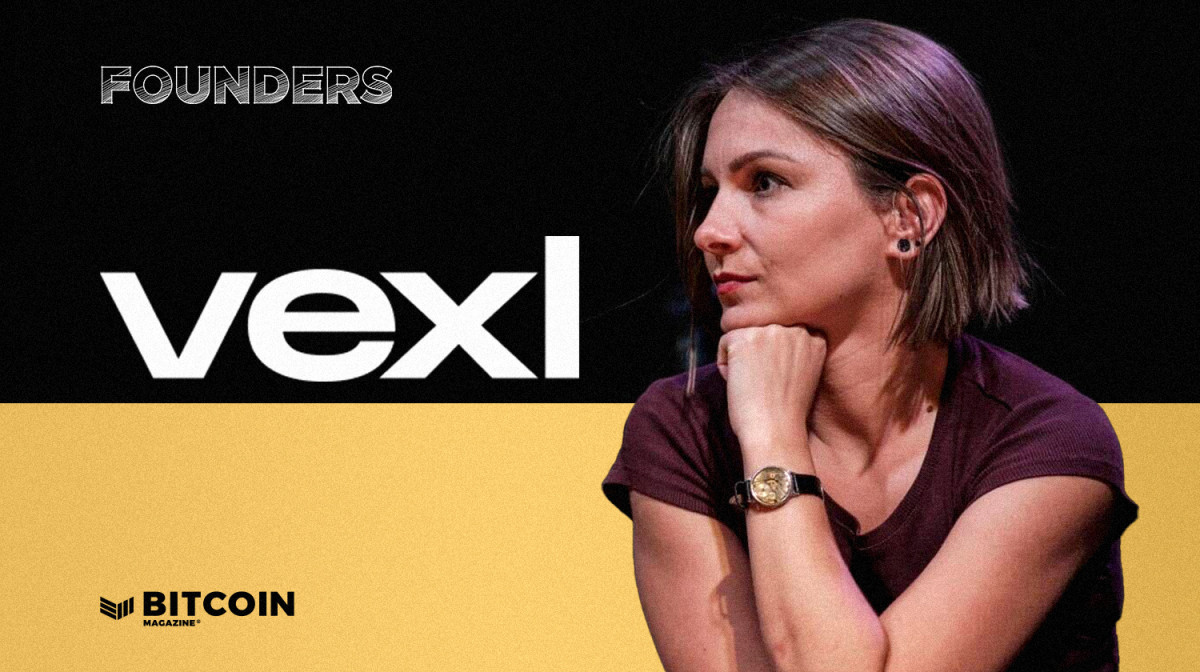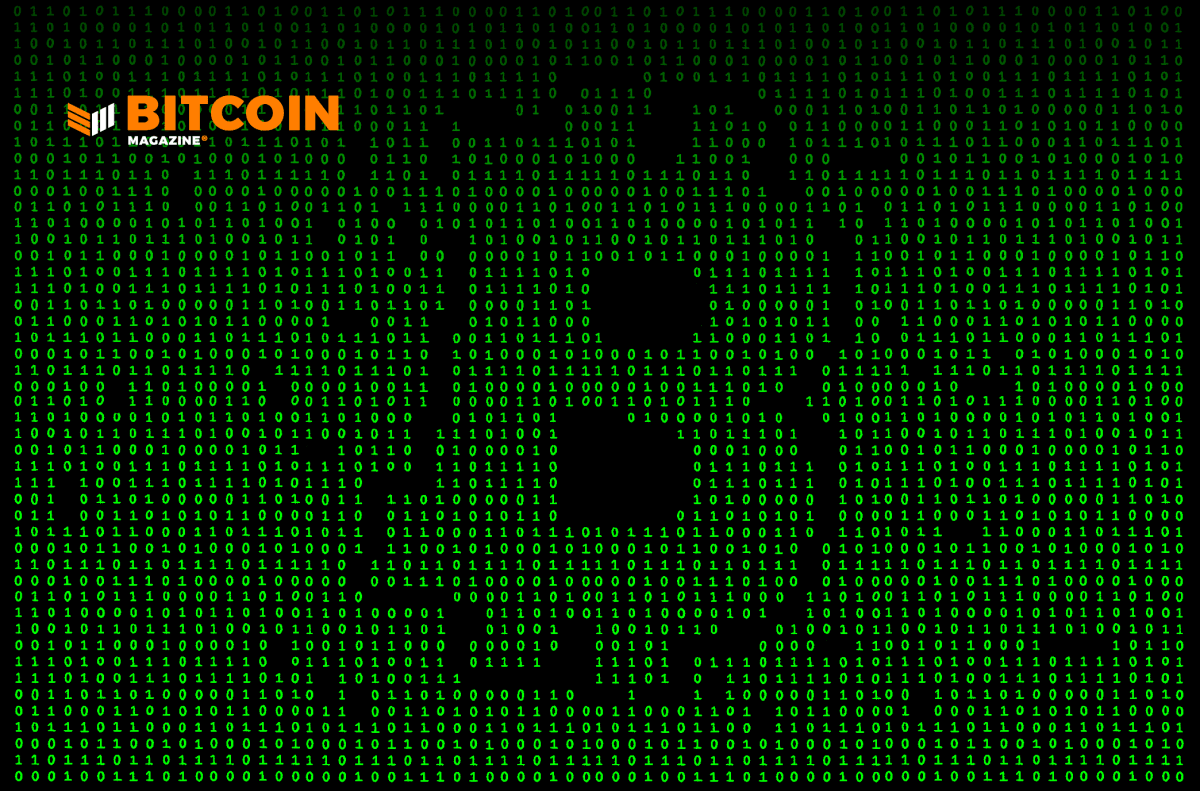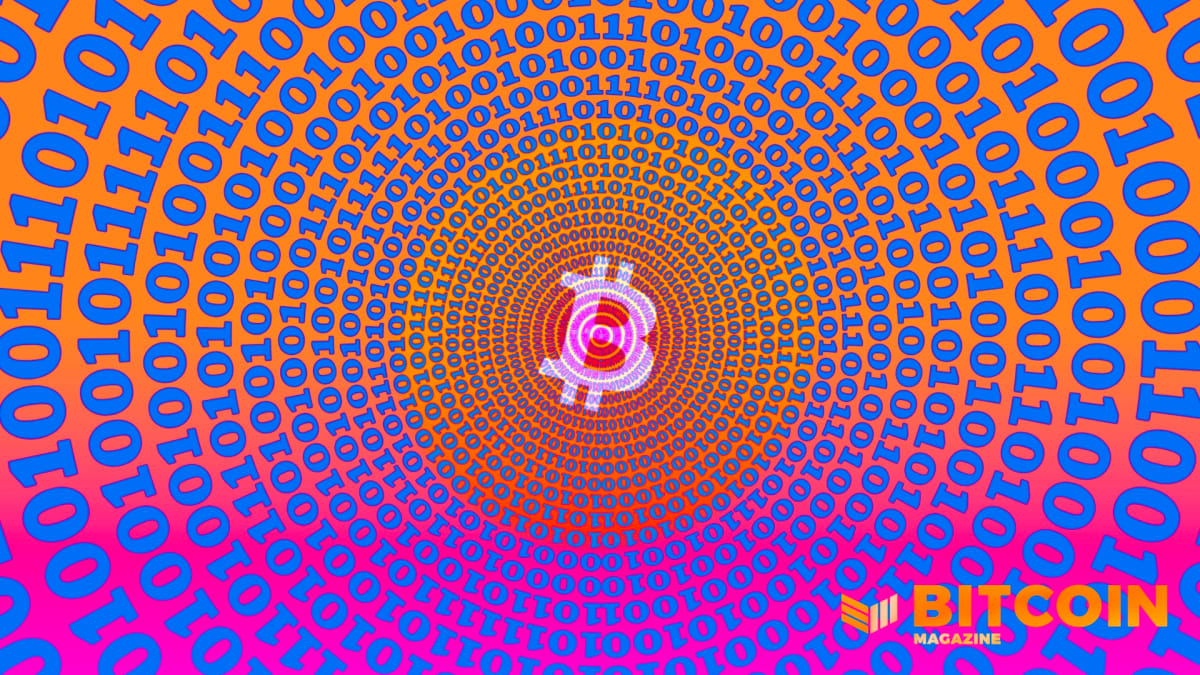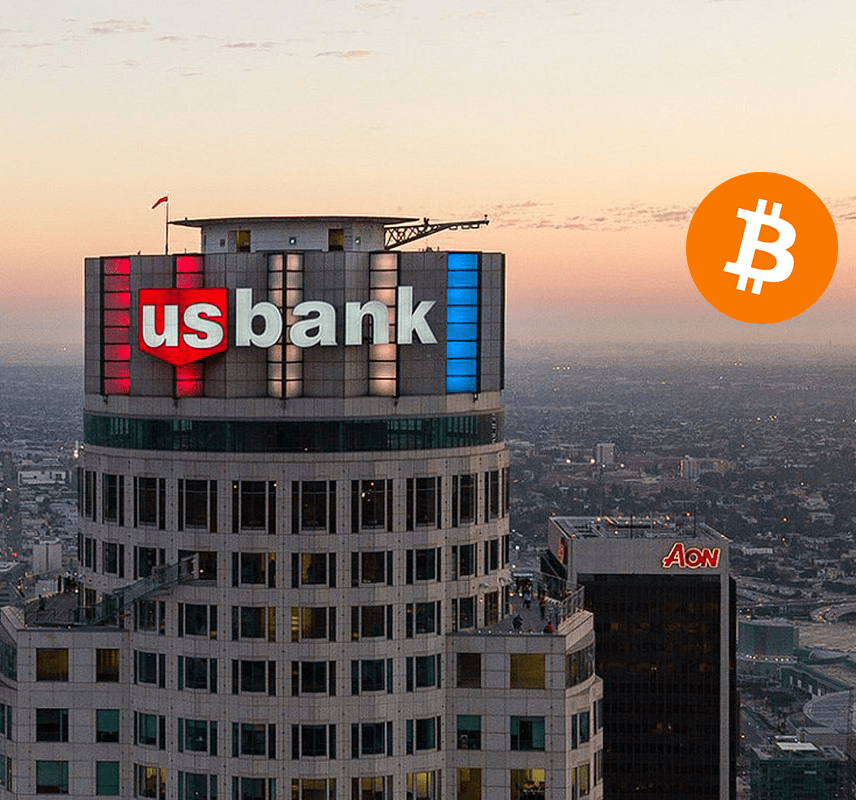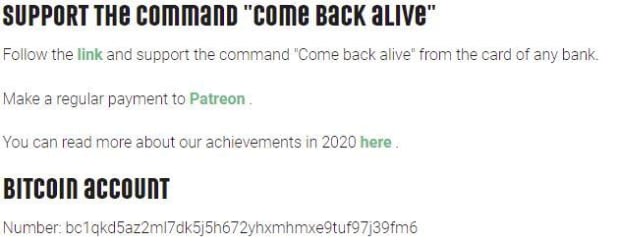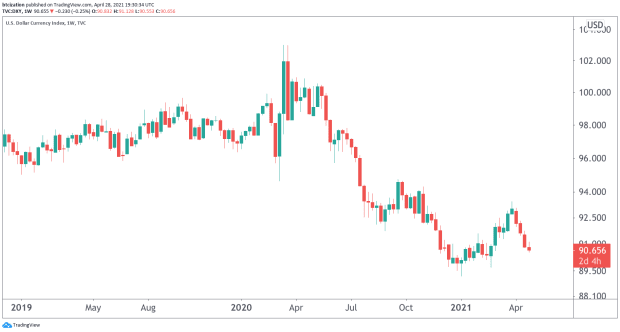Bitcoin’s Killer Application: “Skin In The Game”
Bitcoin has soared in 2020 and everyone is talking about the price. But I want to talk about how Bitcoin is actually being used and the new capabilities it enables.
Sure, bitcoin is the hardest form of money that exists and the best store of value. But it is also the most practical form of digital value that we have, as it is global, interoperable and programmable. So, what other use cases does Bitcoin enable? And what are the revolutionary new capabilities that people didn’t even know they needed Bitcoin for?
The team at ZEBEDEE had a very simple idea. The purest form of global, digital economies are video games, but they lack a purely global and digital form of transactional value. So why not take an existing popular game and integrate Bitcoin as the value transfer protocol. The question we wanted to answer is: Does this add a new dimension to the gameplay that dramatically increases enjoyment and engagement?
On December 27, 2020, we demonstrated this concept live at MintGox in front of an online audience of over 5,000 viewers. We successfully infused bitcoin into Counter-Strike: Global Offensive (CS:GO), a multiplayer first-person shooter video game with 28 million monthly active users. And with that, the first public reveal of ZEBEDEE’s newest product, Infuse, will bring Bitcoin to the world’s most popular games. The results are here to see:
View the Twitch stream of the event.
In this simple integration, players pay a bitcoin invoice to stake themselves into a match prize pool and then fight it out to win the lion’s share of the pot by the end of the game. This “skin in the game” totally transforms the experience and depth of engagement.
When you see it, you get that “holy shit!” moment — the realization that something big has just been born. CS:GO is one of those games that you can mindlessly play for hours. But wait until you see what happens when you have some real skin in the game that persists outside of the game, instead of just playing for a score. CS:GO tournaments are huge, but now everyone can play to earn, not just the l33t gamers.
This is it. Forget CBDCs and dreams of replacing existing inter-bank settlement layers. Bitcoin is the native settlement layer for the new virtual economy.
Back To The Future: Reintroducing Value Into Games
As my co-founder @Mandelduck has previously written, historically, gaming always included a concept of “skin in the game” to make things more engaging.
But as we evolved into the digital age, this dimension was lost, only to be replaced by meaningless in-game gold:
“There is a strong historical precedent to argue that value transfer has always been an integral part of what makes games fun to play,” he wrote. “But, whereas games have evolved into the digital age, the medium of value transfer between players has not. This leaves an enormous hole in the modern gaming experience.
“Value transfer was therefore limited to in-app purchases, loot boxes, in game ads etc which arguably had a detrimental effect on gameplay.
“With Bitcoin and the Lightning Network we now have a global currency that is both peer-to-peer and interoperable between games — analogous to the usage of gold or silver in early games.”
Levelling Up The Gaming Industry
We don’t need to reinvent the wheel. People play games because they are fun, not because they are on a blockchain. When it comes to gaming, most cutting-edge crypto innovation is putting the cart before the horse by focusing on decentralized, censorship-resistant game mechanics and in-game asset ownership.
Making a successful game is hard and competitive; blockchain games face a lot of challenges and can focus on the wrong incentives. The low hanging fruit is to give already great games and great game developers an additional tool: the ability to programmably integrate the largest store of digital value into their games.
This is a straightforward way for video games to unlock an enormous amount of potential for new types of economics, player engagement and creativity. We have already demonstrated this through new types of activities that were not previously possible in a time before programmable Bitcoin interactions:
- Breaking the fourth wall: Audience members can participate in esports events, directly interacting with the game using sats to pay for power ups or bounty increases. The blurring of the line between players and audience is something I really hope will be a revolutionary moment in gaming.
- New revenue models: At the last MintGox tournament, we recorded more than 10,000 Lightning transactions. With that amount of value activity flowing through games come new ways for game developers to harvest the real economic activity they are creating.
- Better ad integrations: In-game advertisements can more directly reach players. For example, players interact directly with a brand by picking up corporate-branded Bitcoin power ups throughout a map.
- Microtransactions: Not only top placers can win prizes, as Bitcoin payouts make microprizes possible, creating yet another avenue for micro earning.
How Will This Play Out In 2021?
I know that 2021 will be the year that everyone on earth realizes they need a piece of Bitcoin. But, not everyone is a trader or investor, or even has the spare cash to stack sats. Gaming is the way emerging generations will onboard onto Bitcoin and stack sats through their own skills.
My team at ZEBEDEE will be doing its part to support this. Firstly, by not only hosting more CS:GO Bitcoin servers, but also striving to infuse Bitcoin into any open game that we can get our hands on.
I also expect to see game devs realize that they can make their own games more engaging and profitable by integrating Bitcoin into their game mechanics. We’re here to support that with the tools to make that happen and a rapidly growing audience of gamers eager to start pwning.
This is a guest post by Simon Cowell. Opinions expressed are entirely their own and do not necessarily reflect those of BTC Inc or Bitcoin Magazine.
The post Bitcoin’s Killer Application: “Skin In The Game” appeared first on Bitcoin Magazine.


